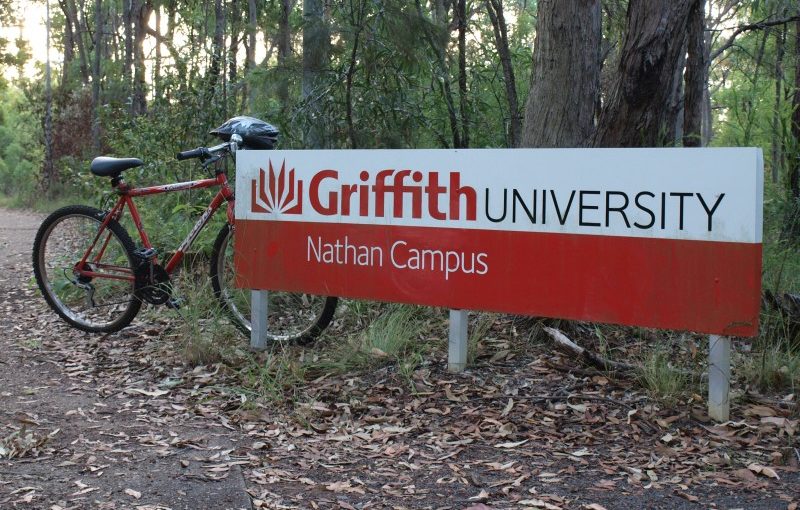My submission to the Senate….
Dear Senators,
I was the first of my family and the only one of 3 kids in the house to go to university; it was several years back now when it was almost free for anyone to maximise their academic potential.
I have an Electrical engineering degree and I hope that as a result I’ve made a positive difference to our society that more than repays the investment that it made in my education.
If fees were at the levels they are today I have a strong suspicion that I would not have bothered with university and potentially become a tradesman like my father; if fees rise to the level they are anticipated to then I definitely would not have been attending.
My view is that investing in education from schools through to tertiary is an investment in the country’s future that more than repays itself over time.
I think the reasons that countries like Germany continue to perform well is that they understand that a society that easily allows everyone to achieve what they are capable of helps all of society.
Recently Germany started down the path of fees and are in the process of rescinding that decision for the most part http://www.timeshighereducation.co.uk/features/germanys-great-tuition-fees-u-turn/2011168.article.
I believe that the proposed fee changes to higher education will stop many people gaining the knowledge and skills that could assist our society in adapting to a changing planet and changing global world.
Please ensure these changes do not occur and if possible look at ways of making education more accessible for all that wish to pursue it.
Brian Hobby

